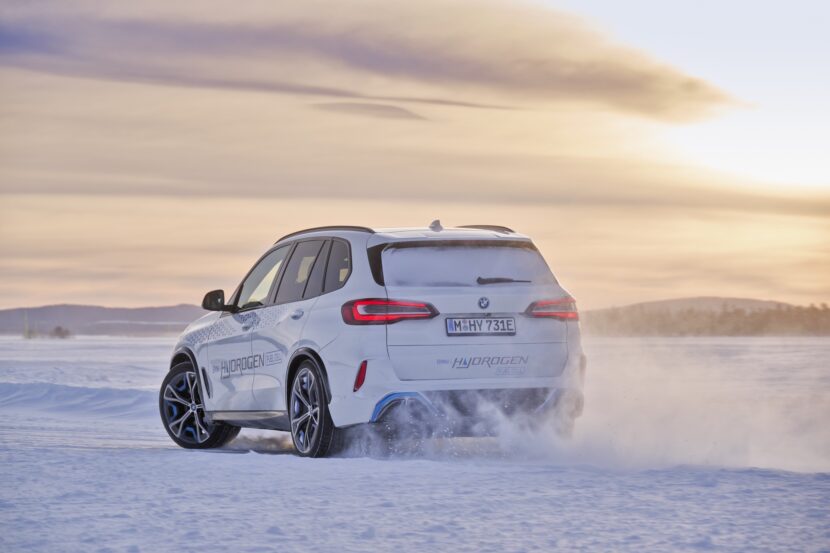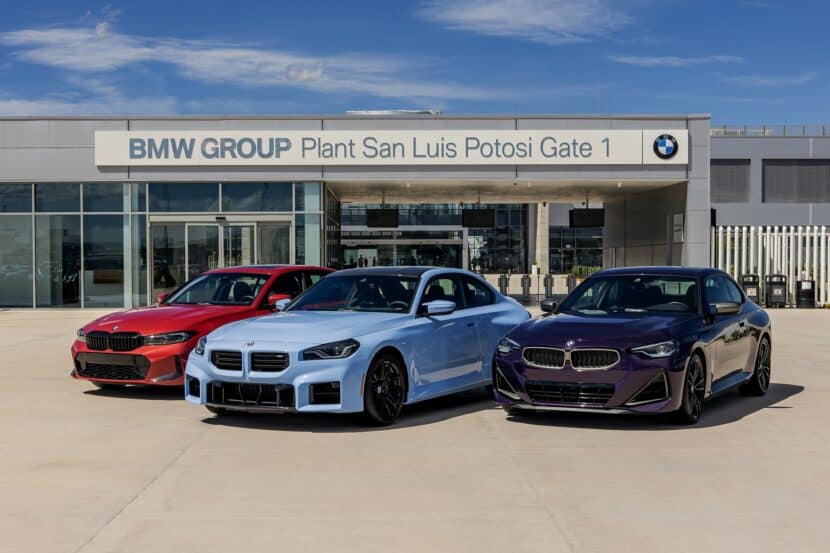BMW is one of only a few automakers that’s continuing its investment into hydrogen fuel-cell power. Most automakers, most notably Tesla, feel that hydrogen is not only a dead technology for cars but that investing in it will only slow down development of EVs. However, BMW feels the opposite. BMW feels as if hydrogen-electric vehicles are not only viable options for many applications but that they help compliment EVs.
“Hydrogen remains relevant for us, alongside electromobility. We see hydrogen-electric drivetrains as a complement to battery electric drivetrains. This is the only way our fleet can have a maximum impact protecting the climate. That is why we support the European Commission’s plans to expand charging and hydrogen-filling station infrastructure along European highways.” said Dr Nicolas Peter, Member of the Board of Management, during a BMW’s recent annual conference.

Hydrogen-electric power is not something that should be dismissed out of hand and is something that could have its place in the market, alongside electric vehicles. Vehicles powered by hydrogen are zero-emission, as they’re driven by electric motors. Those motors are just powered by hydrogen fuel cells. But the advantage of hydrogen power is the refill time, as such a car can refill its tank in only a few minutes, just like an internal combustion car. That makes them better for long-haul vehicles, like cargo trucks.
It also makes sense for customers who live in rural areas, where any sort of refuel/charge stations are few and far between. Allowing rural customers the ability to refill far quicker, while still providing zero-emissions driving, would be helpful. There are many applications for hydrogen-electric vehicles, which is why it’s great that BMW is still investing into the technology. The BMW iX5 Hydrogen is a great example of that, as it looks and feels like a fully-fleshed out production car and not just some gimmicky techno-display.
Read: Exclusive review of the BMW iX5 Hydrogen

“Our BMW iX5 Hydrogen is already in its final stages of development. We just completed winter testing under extreme conditions. The result: full range and performance, even under negative 20 degrees Celsius. We will begin producing a small series in autumn. And we are already preparing for the next generation of our fuel cell drivetrain. IPCEI funding would rapidly advance development and industrialization of this additional drivetrain generation in Germany. BMW is actually the only automaker that has committed to produce a vehicle within the framework of this program.” said Peter.
Both hydrogen-electric vehicles and battery-electric vehicles can coexist and even compliment each other. During this time of great change for the automobile, there doesn’t seem to be a one-size-fits-all alternative fuel, one that fits all applications. Until then, having multiple high-quality options, for different applications, will only help reduce global emissions quicker. Which is why BMW still sees hydrogen power as a worthwhile investment.




































































